Myriad Universes: Star Trek: Deep Space Nine The Next Generation Part 1: Prophets and Losses
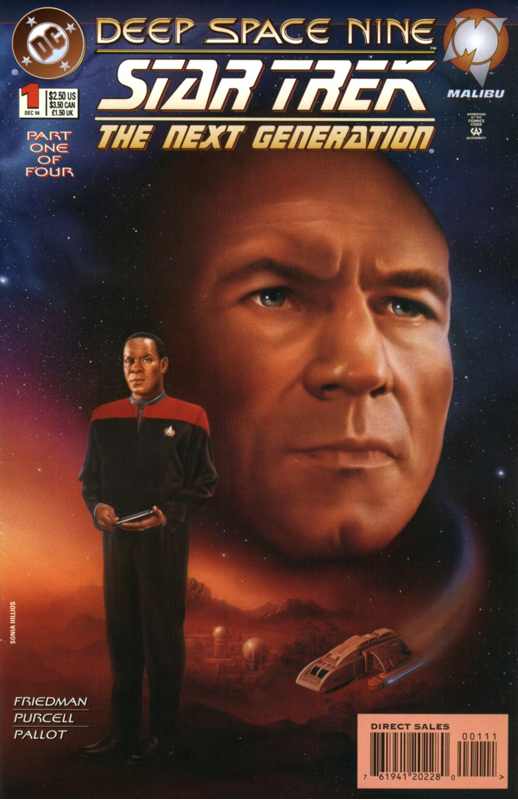 Rom is grousing to himself about how underappreciated he is at the bar and how things would run much smoother if he was in charge when his pity party is interrupted by an irate customer. A Starfleet officer, on scheduled shore-leave, is upset that all the Dabo tables seem to be rigged to favour the house (well, more then gambling machines already are I suppose). Rom goes to fetch Quark, eager at the chance to buck responsibility higher up the managerial chain. This sort of thing would slip by most people unnoticed, but then again, most people aren’t Geordi La Forge, who, thanks to his remarkable VISOR, can see things most people can’t.
Rom is grousing to himself about how underappreciated he is at the bar and how things would run much smoother if he was in charge when his pity party is interrupted by an irate customer. A Starfleet officer, on scheduled shore-leave, is upset that all the Dabo tables seem to be rigged to favour the house (well, more then gambling machines already are I suppose). Rom goes to fetch Quark, eager at the chance to buck responsibility higher up the managerial chain. This sort of thing would slip by most people unnoticed, but then again, most people aren’t Geordi La Forge, who, thanks to his remarkable VISOR, can see things most people can’t.
Geordi is joined by Doctor Beverly Crusher and Commander Deanna Troi, and all three question an evasive Quark. The barkeep denies all responsibility and threatens to call station security, “A close, personal friend” of his to escort the bothersome Starfleet officers out before Odo himself shows up and sternly asks Quark if “that Dabo table” was still “giving [him] trouble”. Geordi tries to thank Odo, but Odo actually agrees with Quark: He’s not happy the commander and his two associates are here, claiming that Starfleet crews “always seem to cause [him] the biggest problems”. The constable does express a familiarity with Deanna Troi, and asks the counselor if they’ve met before. Deanna denies that they have, but confesses to Beverly in private after Odo leaves that she does know of him, but didn’t want to bring it up.
After Deanna and Geordi leave, Doctor Crusher suddenly runs into Doctor Bashir, who is flattered she remembers him and promptly asks her to dinner. But they are soon interrupted by the ill-timed (or perhaps perfectly timed, depending on your perspective) arrival of Jadzia Dax, who promptly invites herself to dinner with Julian. But Jadzia seems altogether more interested in Beverly, who admits she once met another Trill like her once years before, and asks the science officer to remind her to tell her the story sometime.
Later in Ops, Commander Sisko, Major Kira and Dax are entertaining a party of Starfleet bureaucrats being escorted by Captain Picard and Commander Riker. The admirals want a tour of the Gamma Quadrant, and the crew prepares a Runabout for launch. Commander Riker takes the opportunity to catch up with Chief Miles O’Brien, who tells the exec all about his new life on Deep Space 9, including the school his wife Keiko recently started. Just then, the station loses contact with the Runabout, and Jadzia tells Commander Sisko that the Bajoran Wormhole seems to be behaving abnormally and erratically. But before any of them can do anything, the Wormhole seems to “reach out and grab” the admirals’ Runabout, and it’s gone.
The two crews discuss options in Ops, but Kira and Riker start to butt heads over whether or not to send a probe in after the ship. Commander Sisko and Captain Picard seem to have a more amicable relationship, however, and the Enterprise captain goes off to placate Starfleet Command.…

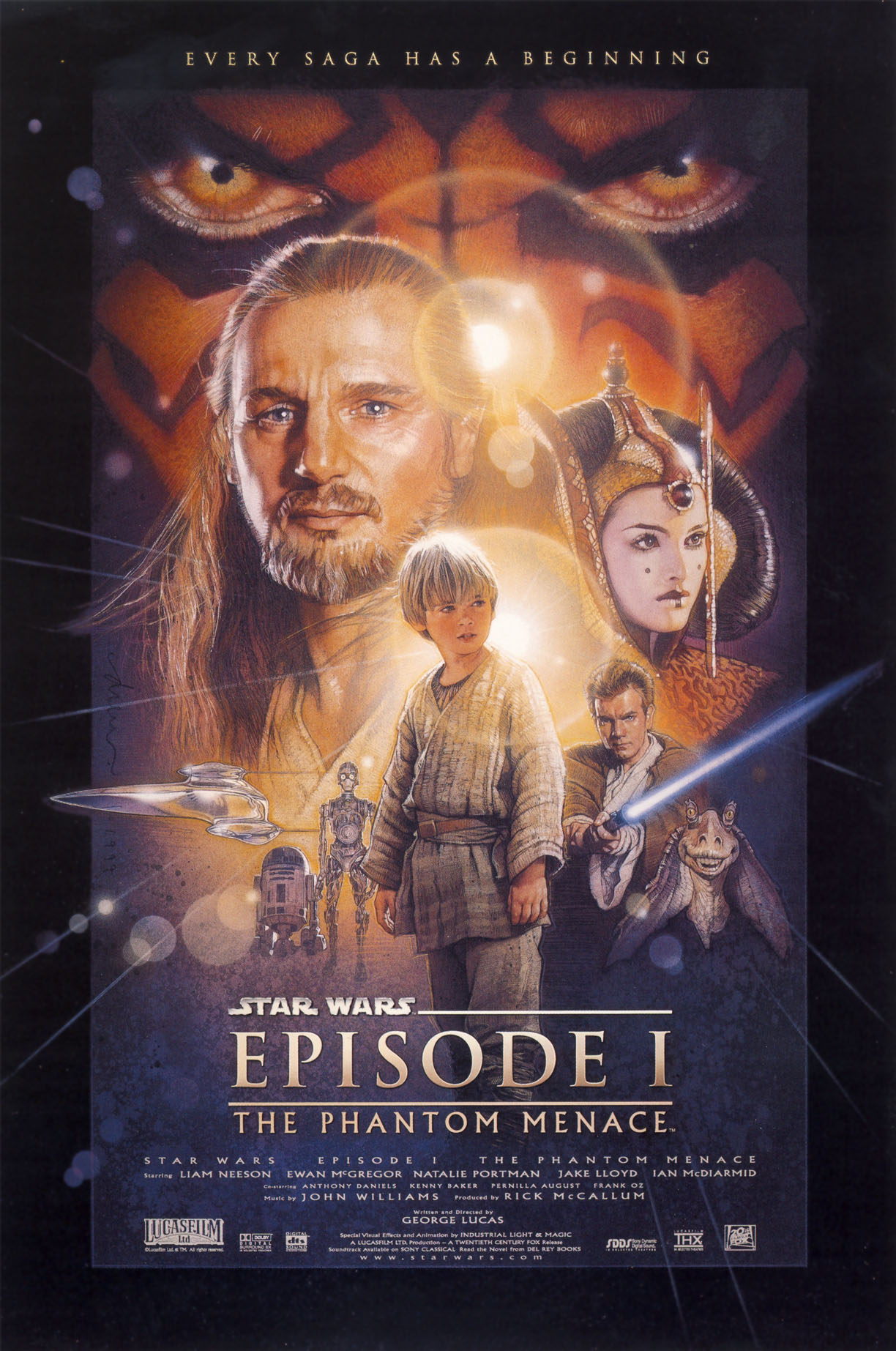
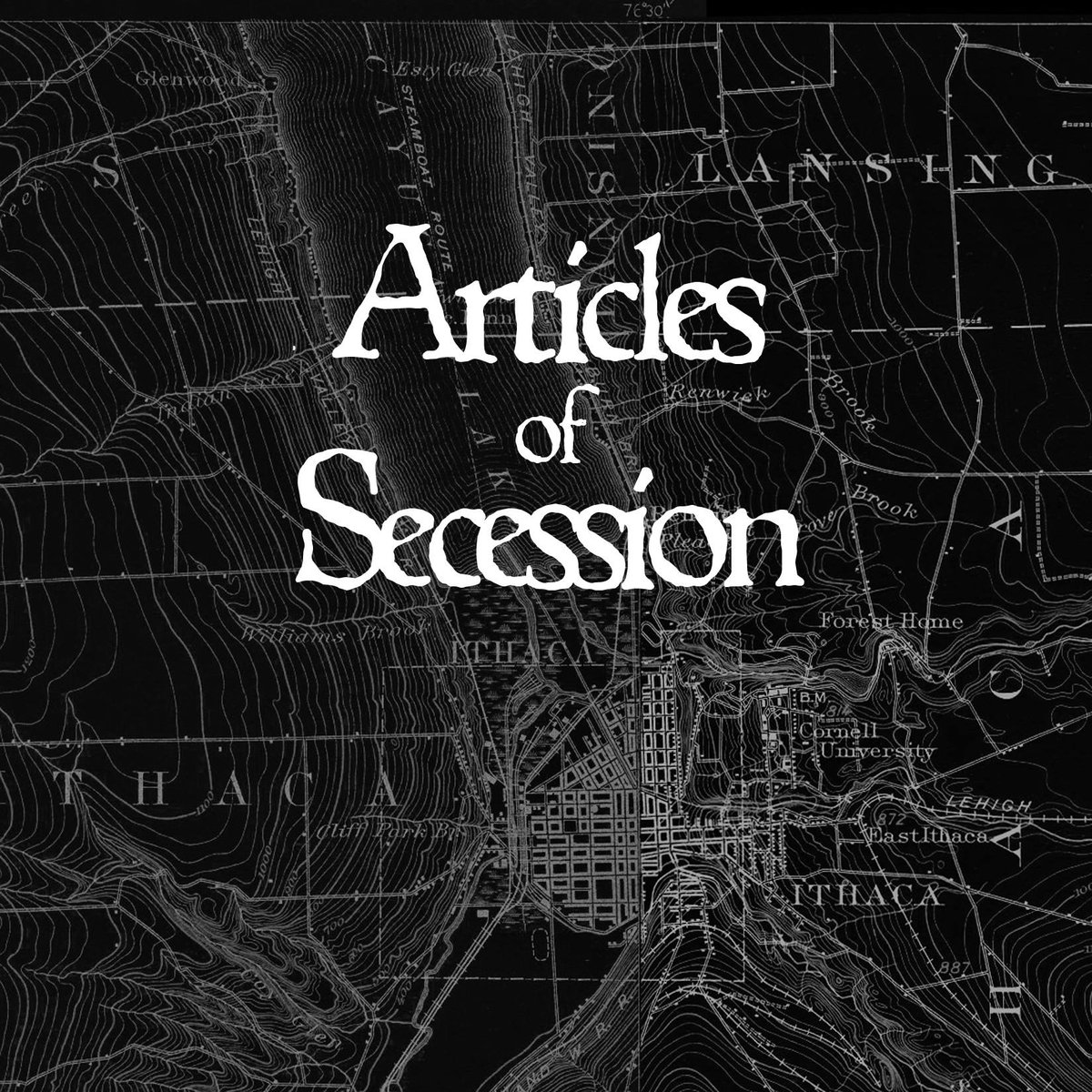 A guest post from Sam Keeper, normally of
A guest post from Sam Keeper, normally of 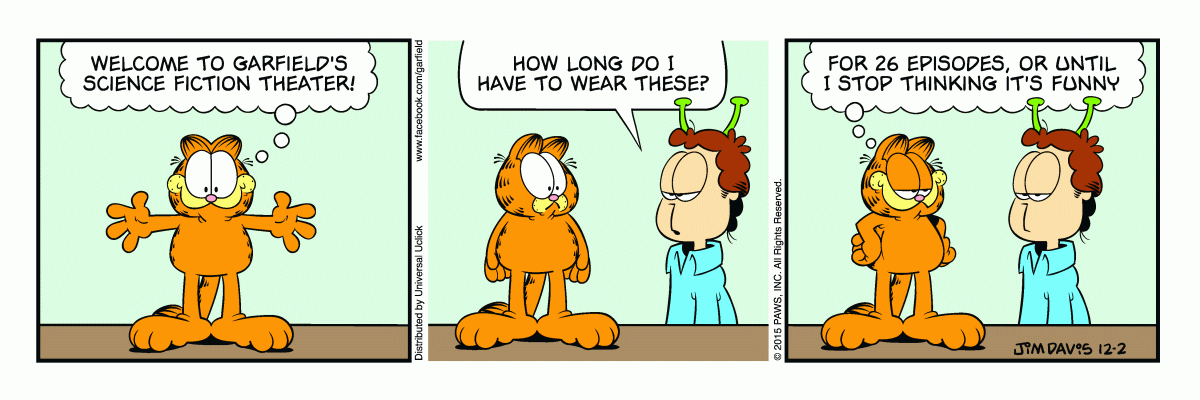
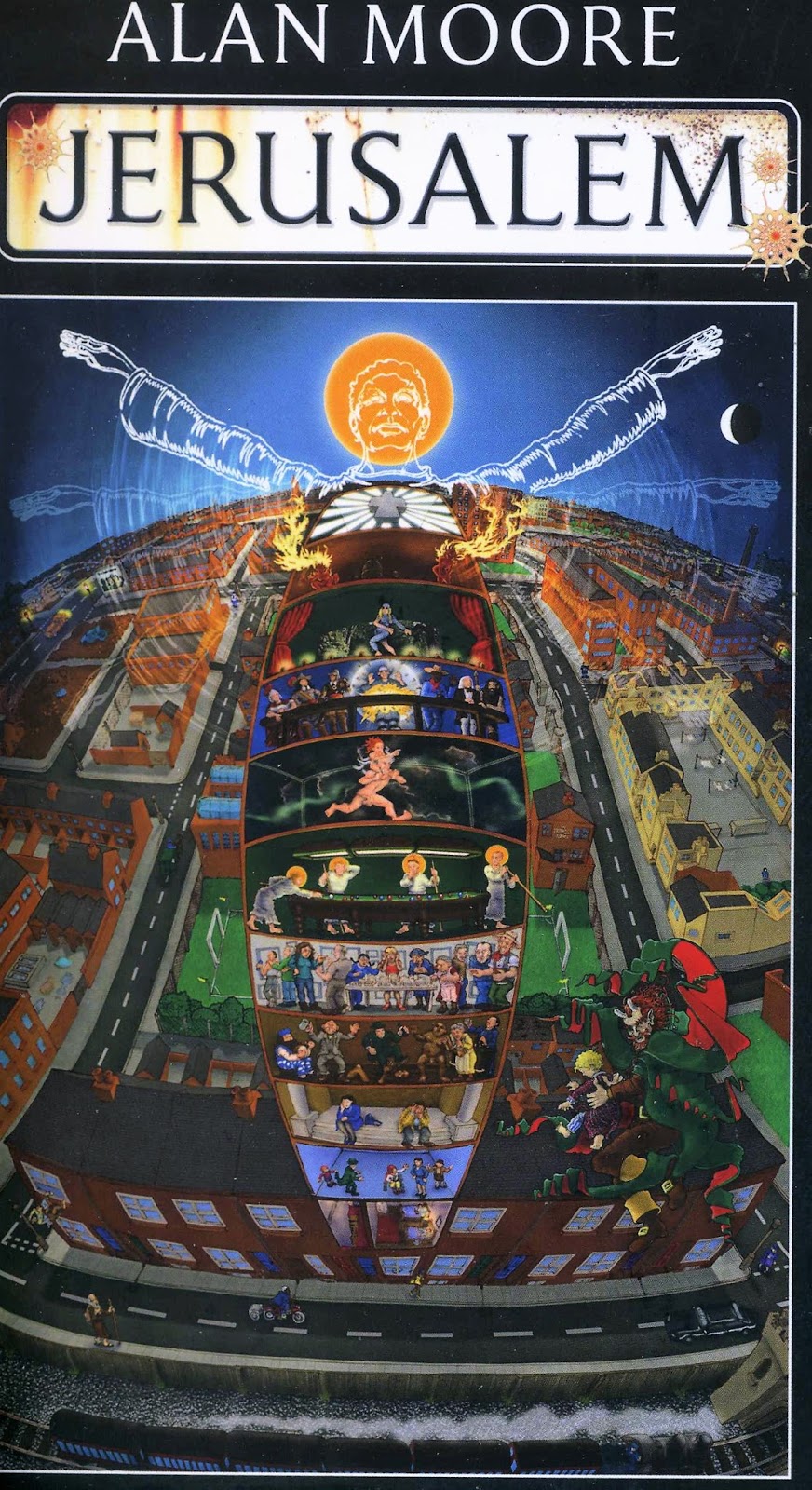 such rich centers of possibilities and meanings
such rich centers of possibilities and meanings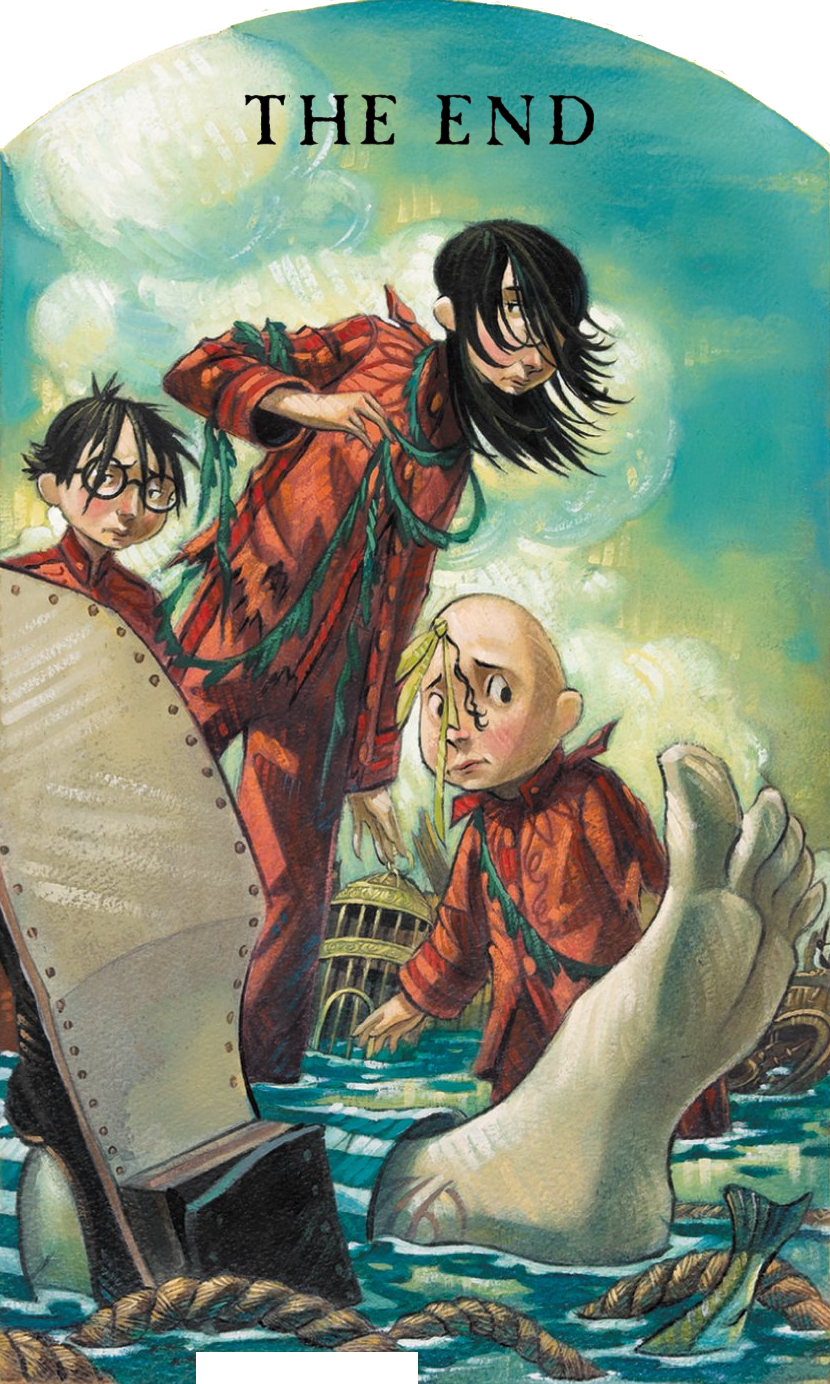 A guest post by
A guest post by 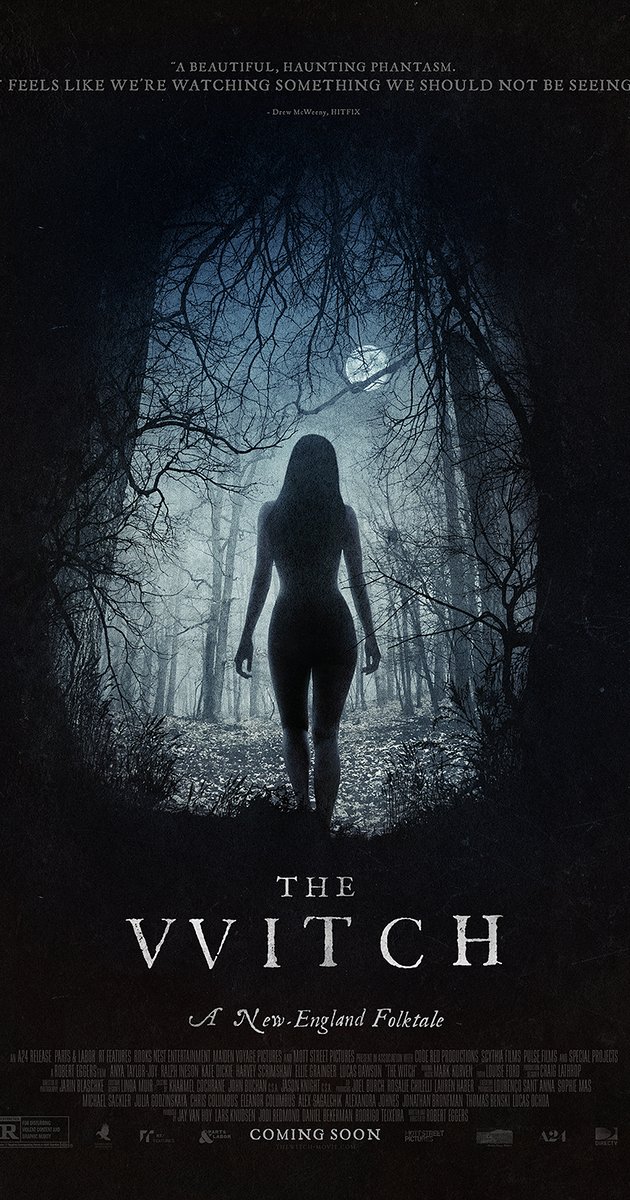 wandering in subterranean catacombs forbidden to the public
wandering in subterranean catacombs forbidden to the public